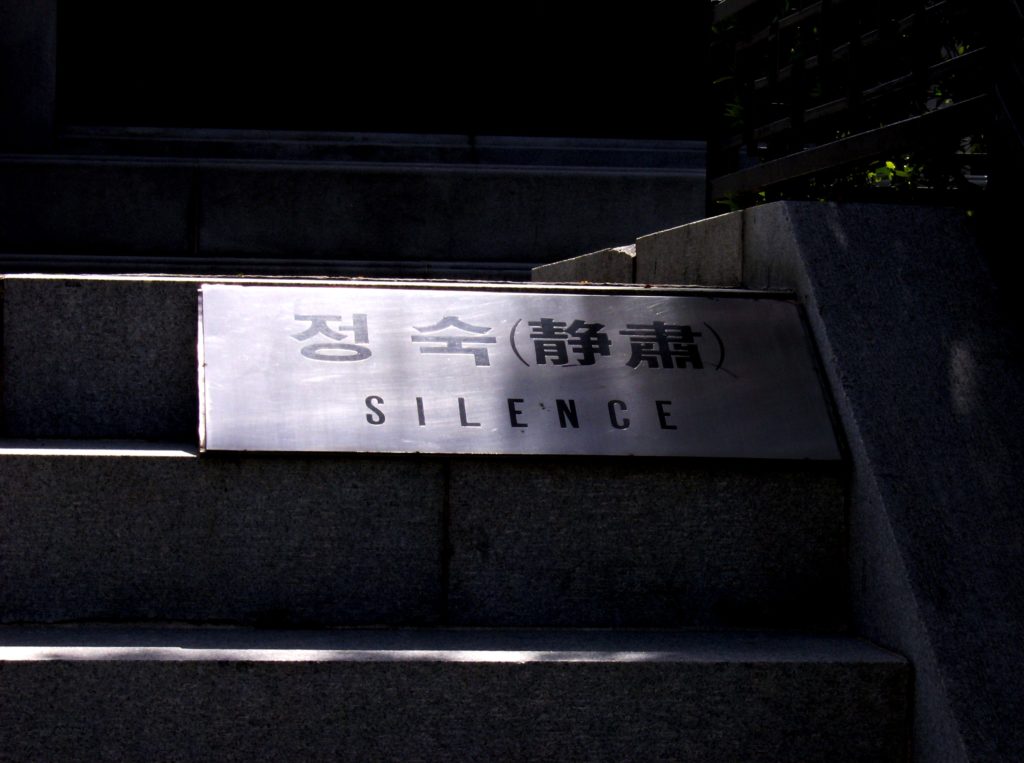Singapore Summit: Who’s the Great Negotiator Here?
Fans of Donald Trump like to defend all his stupid, incoherent, or unscrupulous moves by saying, “I’ll assume he knows what he’s doing; after all, he’s a negotiating genius.” Their faith is that whatever Trump appears to be doing on the surface, he is in fact playing some kind of deal-making hardball that will eventually break down and win over any opponent.
These fans are citing this same negotiating genius with reference to the Singapore “summit” starring Trump and North Korea’s Kim Jong-un. In fact, regardless of how it turns out, they will be sure to say something along the lines of, “Yeah, but whether it succeeds or not, it’s only thanks to Trump’s negotiating genius that the meeting took place at all.”
One of the surest roads to failure in any contest is to underestimate your opponent. In this case, it seems to me that a whole lot of people, Trump first among them, may have forgotten what this summit is actually about, how it came to pass, and how this sudden turn of events suggests that the Kim regime is “negotiating” on a plane of cleverness that no mere real estate tycoon could be expected to match. In short, it seems that Kim has redefined his relationship to the world, and moved the whole game onto the playing field of his choice, even before the “historic” meeting takes place.
Five years ago, the idea of a face-to-face, prestige-granting meeting with Kim to “discuss” his nuclear arsenal was out of the question, and in fact most of the people now cheering Trump on would, at that time, have regarded such a meeting as a fool’s errand, and as playing into North Korea’s hands. Now Kim, having spent the past several years exhausting every resource in a desperate race to achieve his family’s goal of becoming a viable nuclear threat, while the world has simply looked on, mesmerized, is finally in the position to demand that the most powerful leader on Earth sit down and make a deal with him. (And let us be clear that this predicament is not Trump’s fault; past U.S., Korean, and Japanese administrations, among others, have allowed things to escalate to this level by sitting back and watching the Kim family develop its nuclear program, while wringing their hands.)
Those who imagine that the U.S. has won something merely by bringing Kim to the table to discuss disarmament are missing the point and misunderstanding the North’s game. The Kim regime was never seeking to start a world war, or to nuke Guam. Their aim was merely to stake a viable claim to being capable of doing those things — a claim they can now legitimately make — so that the world which had left them isolated, unstable, and utterly dependent on China for their survival, would be forced to pony up in the name of maintaining international security.
Before Kim became a serious nuclear threat — having cleverly fostered the image of being a little unhinged about his nuclear capability, showing nerves and chutzpah that make Trump’s “alpha male” sham look as empty as it really is — the question, at least in his mind, was whether the free world would let his regime continue to exist. Now, the issue is how much security, assurance, and assistance he can squeeze out of the world in exchange for merely giving up something he should never have been allowed to possess in the first place.
For years, rational people warned that allowing North Korea to develop nuclear weapons would give them a game-changing bargaining chip that would force the world to normalize relations and confer legitimacy on the Kim regime in the name of averting the threat of nuclear war in Asia. That warning has now come true. Meanwhile, the U.S. president in the unfortunate position of legitimizing a totalitarian nightmare is being praised for his great negotiating skills.
We’ll see. So far, it is Kim Jong-un who has worked this deal to his advantage.



